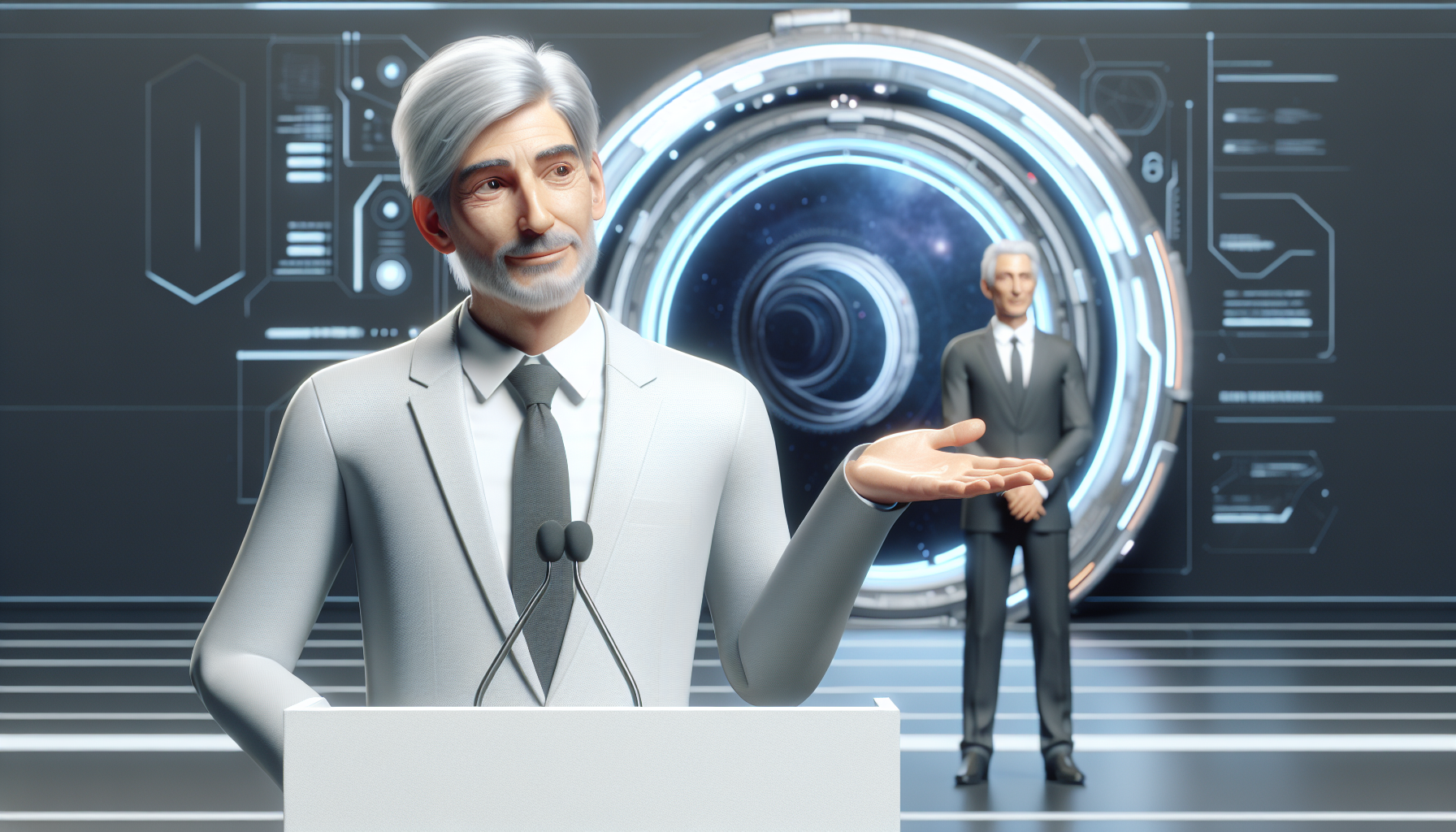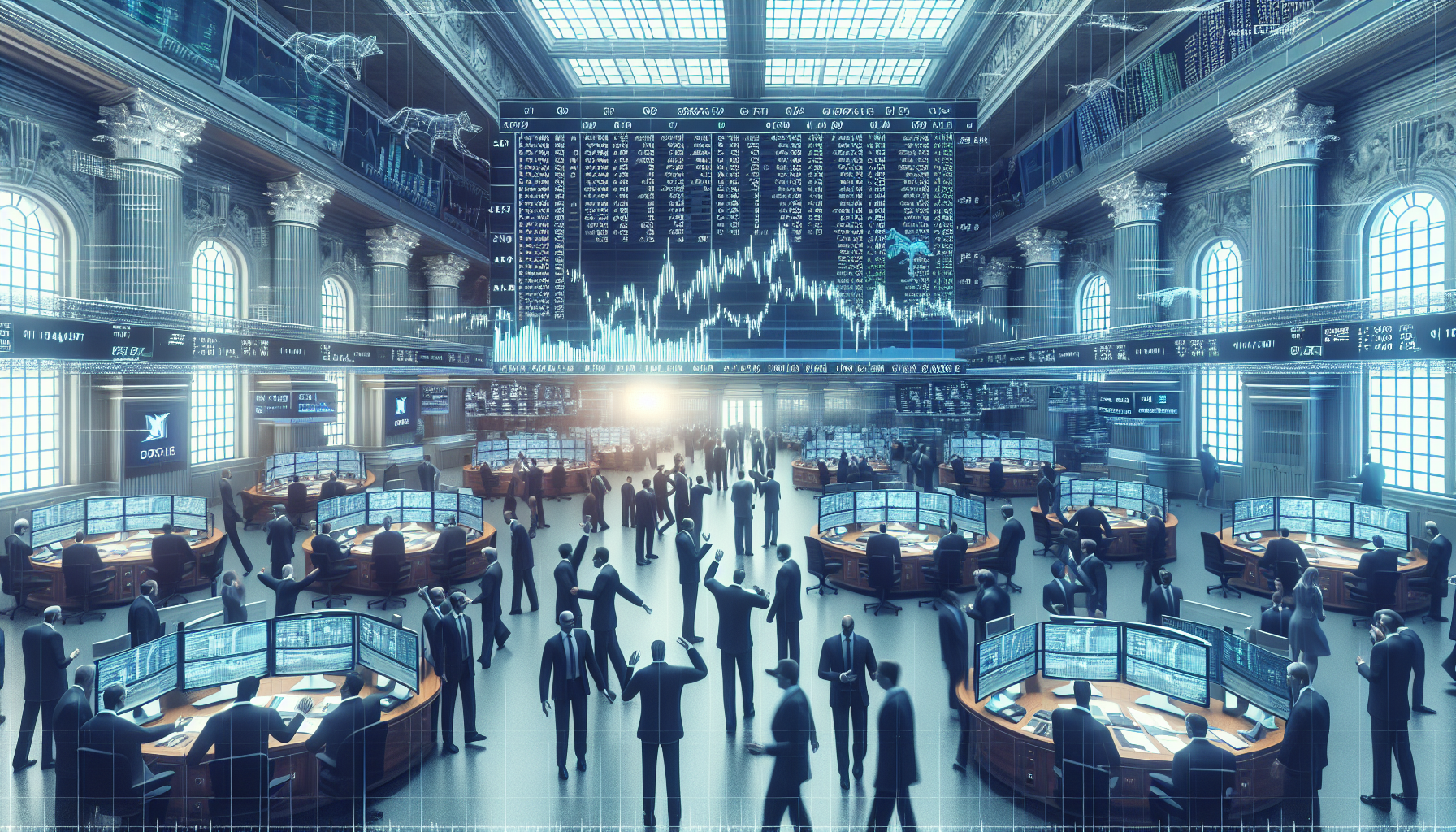Trump, Musk, and the Future of AI: A New Era?
As we delve into the ever-evolving landscape of artificial intelligence, two prominent figures have recently captured headlines: Donald Trump and Elon Musk. Their controversial statements and critiques surrounding AI development are stirring discussions on the future of technology and its societal implications.
Trump’s Nonchalance Toward AI Criticism
In a world increasingly dominated by AI, Donald Trump remains unfazed by the tech industry’s critiques. Particularly, he seems unbothered by Elon Musk’s recent comments regarding the development of a new AI system dubbed “Stargate AI.” Musk, known for his candid takes on technology and its risks, has voiced strong opinions about the direction AI is heading, suggesting that unregulated development could lead to disastrous consequences.
Trump’s response to Musk has been intriguingly casual. While many may expect a political figure to engage deeply with such critiques, Trump has taken a different stance, downplaying the potential risks associated with AI systems. This can be interpreted as a sign of how varied perceptions of technology can be, even among influential leaders.
The Rise of Stargate AI
Stargate AI, a term coined by Musk, represents a new wave of artificial intelligence that aims to leverage advanced technologies to improve various aspects of daily life. This ambitious project has garnered significant attention, not just for its potential capabilities but for the ethical discussions it raises.
- Improved decision-making processes
- Automation of mundane tasks
- Enhanced data processing capabilities
However, as AI systems like Stargate become more prevalent, concerns about privacy and ethical use of technology come to the forefront. How we manage such powerful tools will shape the future of our interaction with technology.
Musk’s Critique of OpenAI
In the ongoing dialogue surrounding AI, Musk has also critiqued organizations like OpenAI, founded by Sam Altman. His concerns echo a long-standing debate in the tech world: whether AI should be developed without stringent regulations or oversight.
OpenAI aims to ensure that artificial general intelligence (AGI) benefits all of humanity. Yet, Musk argues that the rapid pace of AI development requires a more cautious approach. The juxtaposition between Trump’s laissez-faire attitude and Musk’s apprehensive stance paints a complex picture of leadership in the tech landscape.
The Broader Implications
As we navigate through these discussions, it’s vital to consider how leadership styles influence our approach to AI technology. Would a more watchful eye, like Musk’s, serve better in safeguarding our future, or can the less concerned stance of Trump help drive innovation without fear? These questions do not have simple answers.
Ethics, Innovation, and Responsibility
The conversation around AI shouldn’t just revolve around who is right but rather how we can collectively foster an environment that encourages responsible innovation. Stakeholders in the tech community, including policymakers, developers, and users, have a role to play in shaping the future landscape of AI.
Ensuring that advancements in AI are matched with ethical frameworks and regulations will be key in harnessing their positive potential while mitigating risks. After all, technology should serve humanity, not the other way around.
Final Thoughts
As the discussions led by figures like Trump and Musk continue to evolve, we can all take part by educating ourselves and advocating for responsible AI development. In this era of digital transformation, it’s our collective responsibility to shape the future we desire. Will we choose cautious progress or bold innovation? The choice lies with us all.
Related Resources
Watch the Discussion Here
In this video, experts






